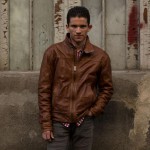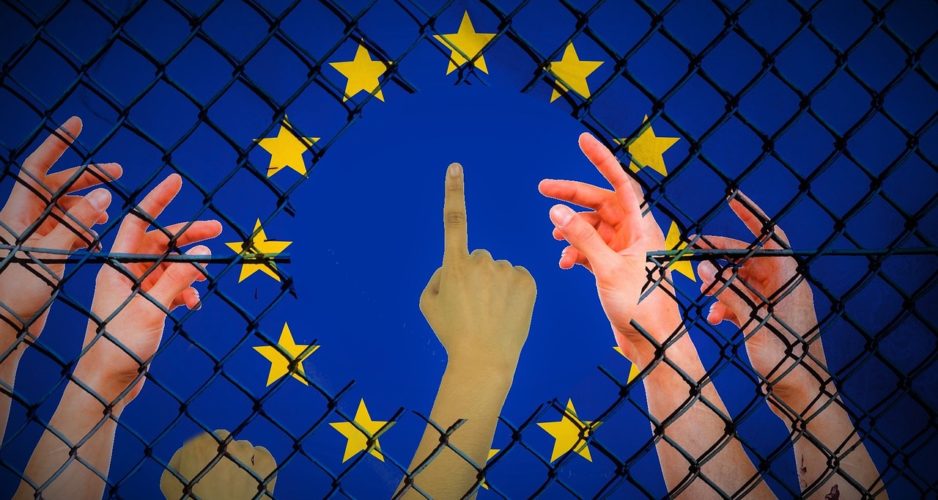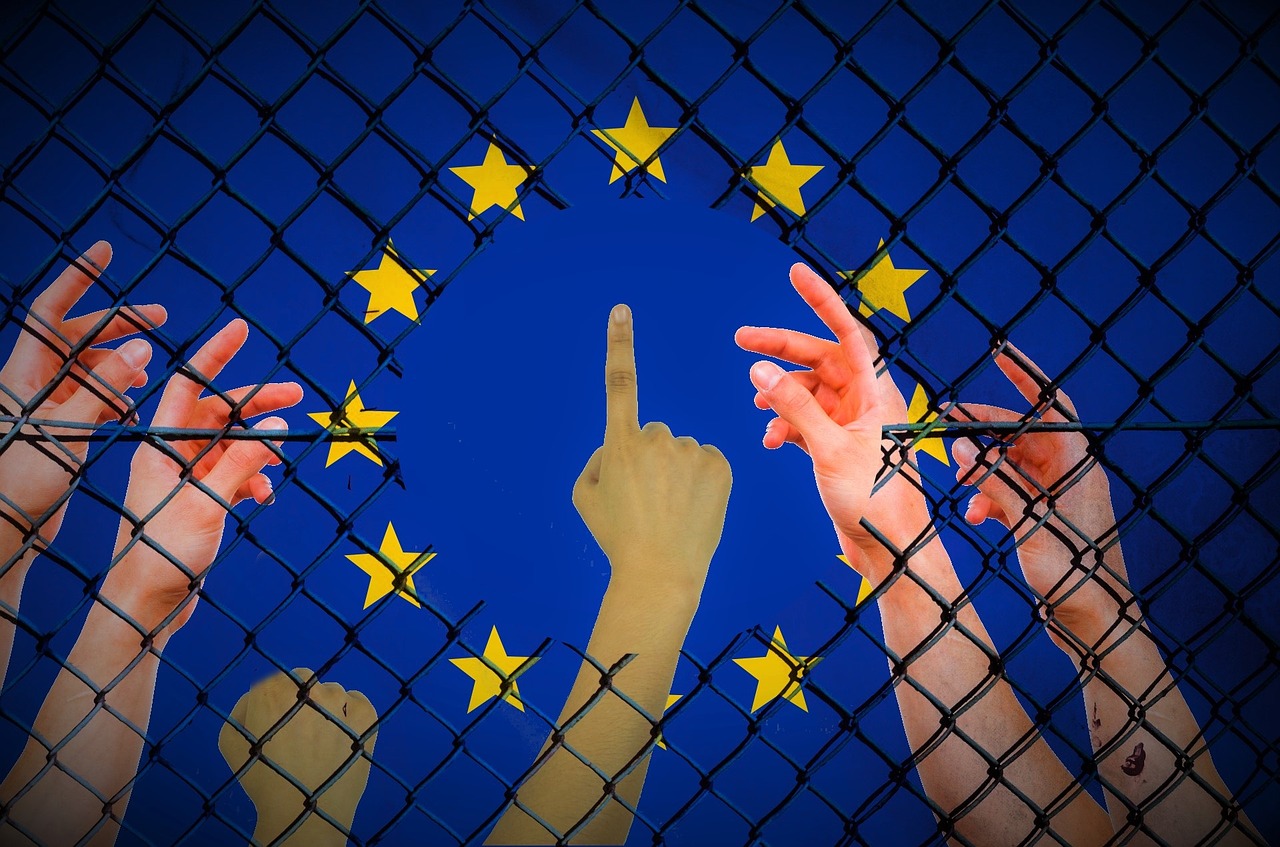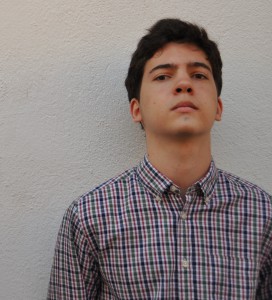
About a year ago I had a dinner with a very bright colleague of mine from the investment bank where I served as an intern. Initially our conversation was quite enjoyable and ranged from physics and mathematics to politics and philosophy. However, there was a topic that noticeably struck a chord with both of us and it was the legitimacy and importance of climate change. We had a prolonged and heated discussion where I made simple authoritarian but empirical arguments citing studies conducted by NASA, the American Chemical Society, the American Physical Society etc and he’d respond with varying degrees of skepticism to each of those claims. Initially he’d try to challenge the impartialness of the scientific community even though recent peer-reviewed studies show that between 97% (Stuart, 2016) and 99% (Powell, 2016) of over 11,000 scientific articles state that climate change is not only real but most definitely anthropogenic. Even worse than that is the proven corruption of right-wing politicians, especially Republicans in the US, and “think-tanks” from all around the world who receive direct financing from fossil fuel billionaires like the infamous Koch brothers to finance their political campaigns (Dunlap, 2011). As a matter of fact, a lot of climate change denial in public life is a function of a corrupt political system (see Citizen’s United) and grimly reminds me of the days the tobacco industry was buying politicians to do similar claims about the uncertainty of the scientific community about the danger from cigarettes. Corporate interest is far from the only reason, though. Amongst others we have to also count intellectual laziness, failure of the educational system, inflated ego and just typical human denial of responsibility. But that’s an entirely different topic.
Going back to the conversation, my colleague would start to progressively question the accuracy of glacier monitoring techniques (Karpilo Jr, 2009), global surface temperature reconstructions (Cowtan, 2014), sea level rise measurements (Parker, 1991) etc. even though all of those experiments are measured independently on an annual basis and in several different ways and statistical models with high predictive ability have been tested again and again. The fact he will quickly deny established facts without having any expertise or empirical counterarguments was a red flag for me hinting he might be a right-wing libertarian of a kind. At some point he went so far as to discard the entire scientific method and statistics in particular as a viable instrument for acquiring understanding of the surrounding world. The entire conversation then quickly left the realm of facts and summoned both of us into the dream world of epistemolog
y, ontology and metaphysics. The tipping point was reached when he had to resort to mathematical fictionalism and the Entscheidungsproblem, basically implying that we shouldn’t make any change to the status quo because we can’t ever be completely sure of what we know now. “Force your opponent to make a metaphysical argument and then you win”, as Quine (I believe) once said.
Finally, after he perhaps felt that there is no practical and convincing way of defending his position, he moved the goal posts and started diminishing the potential impact of a “hypothetical” climate change event. His thesis was that it is not economically sound to constrain the free market and risk capital losses for an event which we could potentially adapt to with just slight discomfort. He claimed that even if the catastrophic projections of scientists actually materialize, it would still pay off more to just stick to our way of life and develop technology which will enable us to continue living in this altered environment or perhaps on another planet altogether. This was the moment when I realized that the entire conversation is not about climate science, statistics or philosophy – it was an argument between people of opposing political and economic convictions where one of the sides refuses to consider authority of any kind – even scientific, even if there is hard data present. The last thing I asked him before I left the table was: If we thought of the planet in the same way in which the managing directors of this bank think of the company and a bunch of experts told them that there is 99% chance that the company is going bankrupt in 40 years how would they react? He said nothing.
It didn’t even make sense to point out that if just the predictions for a higher acidity of the oceans meets expectations, humanity will be in dire straits, because the ocean ecosystems will be altered with unpredictable long-term consequences (Hoegh-Guldberg, 2010) which will propagate everywhere on the planet. You see, if there is really no God (or Atlas shrugging), then there is no one who keeps the delicate and intricate environmental balance which underlies our existence. It is no one’s whim whether we survive or not. And yes, while we are nearly powerless and hopeless in predicting even the immediate future with certainty, these are the best instruments we have and it’s only rational that we apply them accordingly – to the best of our knowledge. If humanity really is a fluke in an absurd world just as if hundreds of monkeys are typing on typewriters endlessly and at some point they get Encyclopedia Britannica, then we don’t want to distract those monkeys. Messing with the balance of nature, as I like to say, is thus like fiddling with the engine of a motorbike while riding it with 200 km/h on the motorway trying to win a race that we invented for its own sake – a race of technology, money and power. While we speak, extreme heat waves, flooding and heavy downpours have already affected the world’s agriculture and infrastructure and those are visible throughout the U.S. and the Middle East. It is thus arrogant not to try to reduce our impact on nature and to instead think evolution will spare us even after we altered its fitness function that spawned us in the first place so profoundly.
In retrospect, it shouldn’t surprise me that the financial world is teeming with right-wing libertarians who proudly deny empiricism and base all of their beliefs on a single arbitrary axiom that doesn’t even make sense. After all, it’s just the world’s economy and thus the world’s fate that depends on them. And yes, I will say they are quasi-religious ideologues who refuse to update their assumptions with factual reality (this is why they are the laughing stock of academic circles). They see society as a function of individuals whereas an individual is clearly only possible as a result of cohesive social structures (see Robinson Crusoe). In my opinion, one has understood what individualism means, only after he has come to the realization how interdependent everything in the universe is. The most important principle of all is that humanity is apples on an apple tree and this apple tree is Earth and this Earth peoples in the same way the apple tree grows apples (see Gaia hypothesis). We have to understand that the bee cannot exist without the flower and thus can be thought of as one and the same thing. In the same way a man cannot exist without society and vice versa. Therefore we should start thinking of our habitat as we think of our streets and houses. We are part of nature and we are animals. Our cities are just complex bee hives. We are not disconnected from our surroundings, and we are not infinitely adaptable and immune to the consequences of o
ur own actions. We are not freaks of nature. We are it and we should start acting like it.
References
Cowtan, K. a. (2014). Coverage bias in the HadCRUT4 temperature series and its impact on recent temperature trends. Quarterly Journal of the Royal Meteorological Society.
Dunlap, R. E. (2011). Organized climate change denial. The Oxford handbook of climate change and society, 144-160.
Hoegh-Guldberg, O. a. (2010). The Impact of Climate Change on the World’s Marine Ecosystems. American Association for the Advancement of Science, 328, 1523-1528.
Karpilo Jr, R. D. (2009). Glacier monitoring techniques. The Geological Society of America.
Parker, B. B. (1991). Sea Level as an Indicator of Climate and Global Change. Marine Technology Society.
Powell, J. L. (2016). Climate Scientists Virtually Unanimous: Anthropogenic Global Warming Is True. Bulletin of Science, Technology & Society. doi:10.1177/0270467616634958
Stuart, J. C. (2016). Consensus on consensus: a synthesis of consensus estimates on human-caused global warming. Environmental Research Letters, 11(4). Retrieved from http://stacks.iop.org/1748-9326/11/i=4/a=048002
About the author:
 Bogomil Todorov Gospodinov (21) took part in our “My Europe” workshop in Sofia in 2012. He is currently studying Computer Science at the University of Southampton in England.
Bogomil Todorov Gospodinov (21) took part in our “My Europe” workshop in Sofia in 2012. He is currently studying Computer Science at the University of Southampton in England.
More…
 What will be the big challenges regarding climate-change refugees in Europe in the next 50 years?
What will be the big challenges regarding climate-change refugees in Europe in the next 50 years? Adrian Murat (17) took part in the My Europe Workshop in Sofia on 28-29 November 2016 and won the second prize of the writing competition.
Adrian Murat (17) took part in the My Europe Workshop in Sofia on 28-29 November 2016 and won the second prize of the writing competition.









